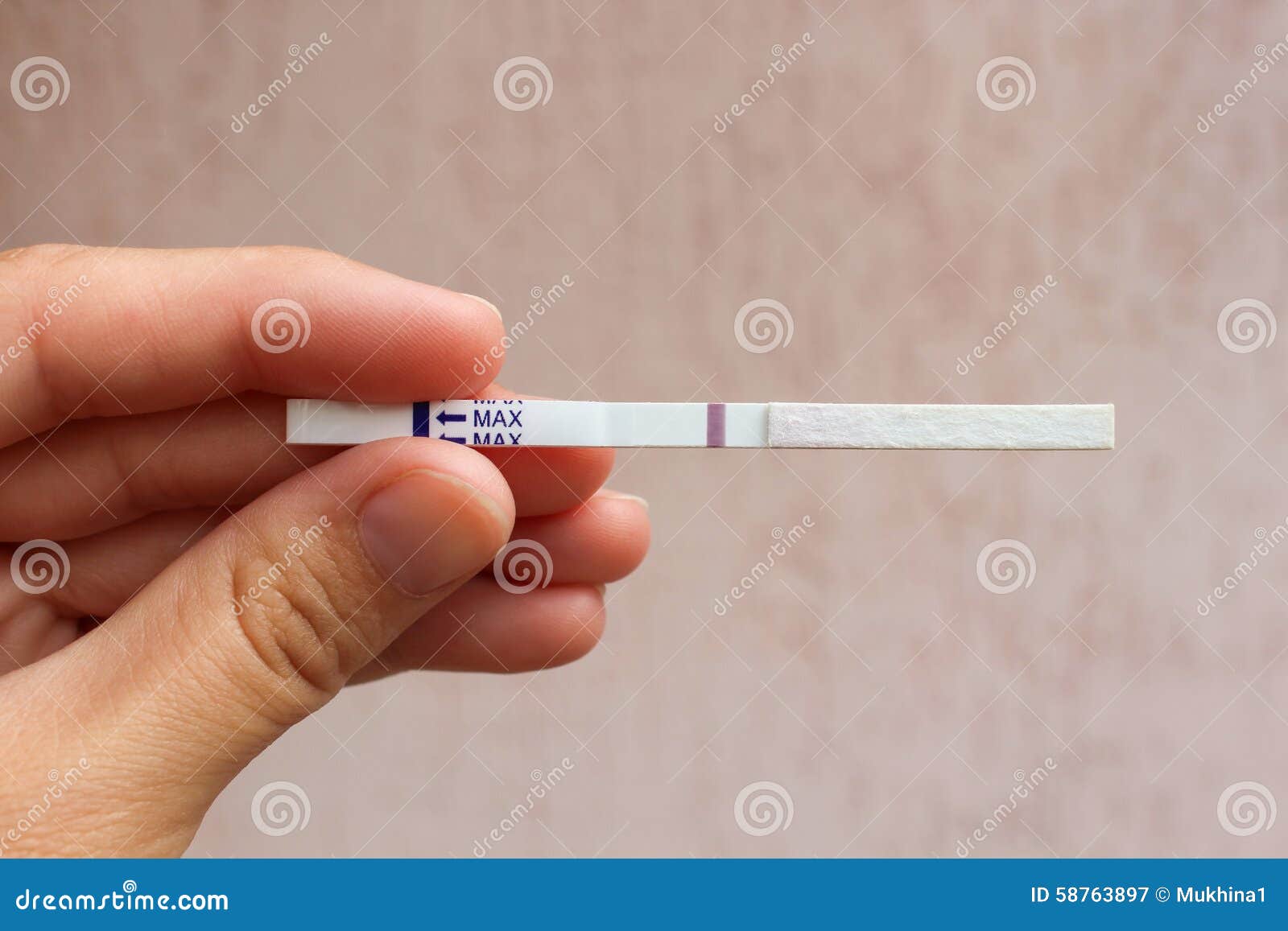
What do I do after having a negative pregnancy test? It’s disappointing when you get a negative pregnancy test result – but, if you did do the test more than a day or two before your period is due, there’s often that question in the back of your mind – maybe I am pregnant? Pregnancy test, so you’ll go for the most sensitive test you can and try to find out as early as possible. Trying to get pregnant is pretty exciting and, if you’re anything like me, it’s absolutely impossible to wait a whole two weeks or more till your period is due before doing a If you’re hoping to have a baby, it’s a real letdown.ĭoes a negative pregnancy test mean that you are not pregnant? The answer is – it depends. You have rights in relation to the access and the use of your personal health information.So, you’ve got a negative pregnancy test result. If you don't want your stored blood samples to be used for research, please ask the midwife to write ‘no research’ in the comments box on the request form.

Samples that are identifiable to you will never be used without your consent. If this happens your personal details will be removed. This could be comparing different screening methods and developing new tests. Your leftover blood samples may be used anonymously for other monitoring, laboratory, education and training purposes to improve the quality of patient care. Processes are reviewed regularly to make sure you’re offered the best service possible. Your personal health information will be kept private, which means it’s only shared with other staff involved in your care. This is so they can be used in the future if any test results need to be checked. Learn more about screening for Patau's syndromeĪny of your leftover blood samples will be stored in the laboratory for at least 12 months. This will either be a blood test or a combined blood test and scan. You may choose to have tests during pregnancy which can help to find out how likely it is your baby might have Patau’s syndrome. In the UK, around 1 baby in every 16,000 births has Patau’s syndrome. Read more about screening for Edwards' syndrome Patau’s syndrome You may choose to have tests during pregnancy which can help to find out how likely it is your baby might have Edwards’ syndrome. It’s the second most common chromosomal condition. In the UK, around 1 baby in every 5000 births has Edwards’ syndrome. Learn more about screening for Down's syndrome Edwards’ syndrome You may choose to have tests during pregnancy to find out how likely it is your baby might have Down's syndrome. It's the most common chromosomal condition. In the UK, around 1 baby in every 700 born has Down's syndrome. Read more about screening for infectious diseases Down's syndrome These conditions are screened for because simple treatments can reduce the risks to you and your baby. You'll be offered a blood test for infectious diseases that can affect you and your baby, such as hepatitis B, syphilis and HIV. Learn more about screening for sickle cell and thalassaemia Infectious diseases People who have these conditions will need specialist care throughout their lives. Sickle cell and thalassaemia are serious, inherited blood disorders that are passed on from parents to children through altered haemoglobin genes.


 0 kommentar(er)
0 kommentar(er)
